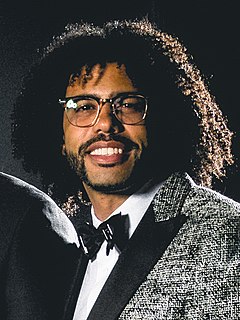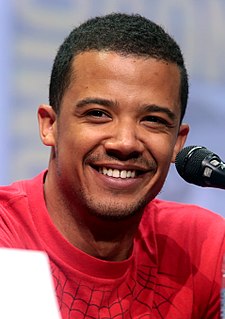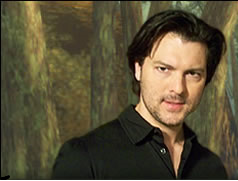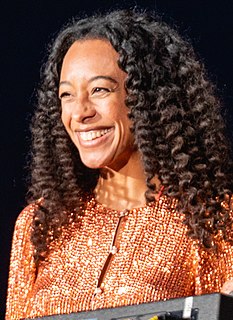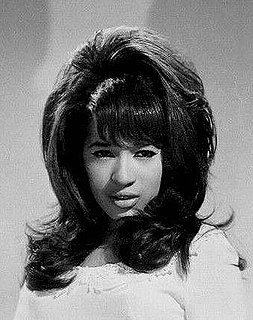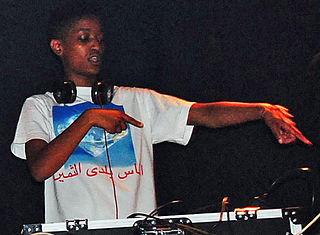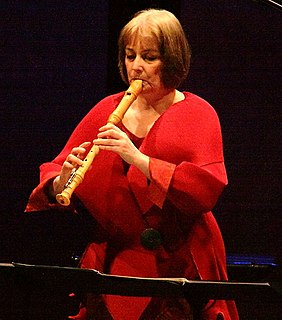A Quote by Daveed Diggs
I feel like, anytime I'm onstage, I tend to feel very connected with people in the audience or with the sort of heartbeat or tempo of the audience.
Related Quotes
If I can get the audience to connect with the characters emotionally - and they love who they are, they love the larger-than-life situation that they're in, but most of all get the audience invested in the characters - then I always feel like I can sort of put them in the most outrageous circumstances, and the audience is okay to go with that.
